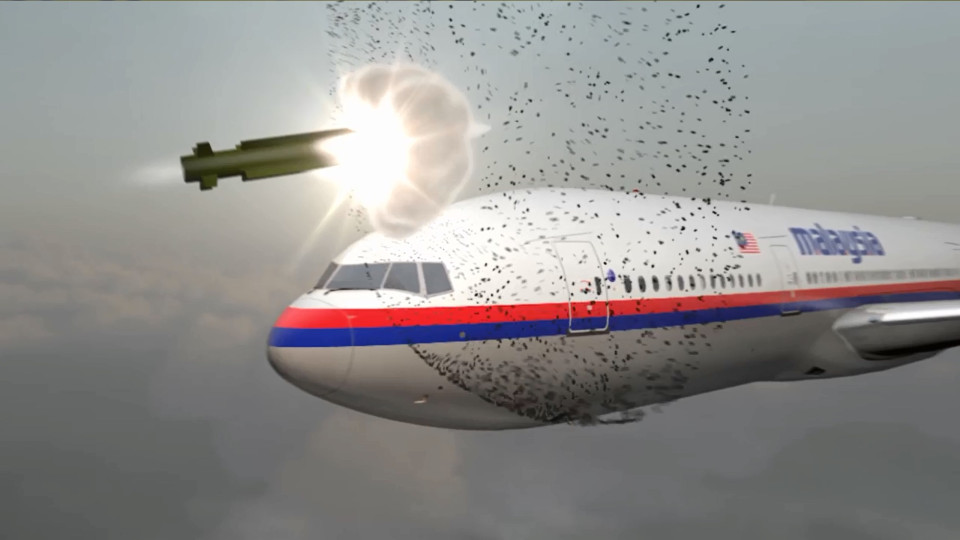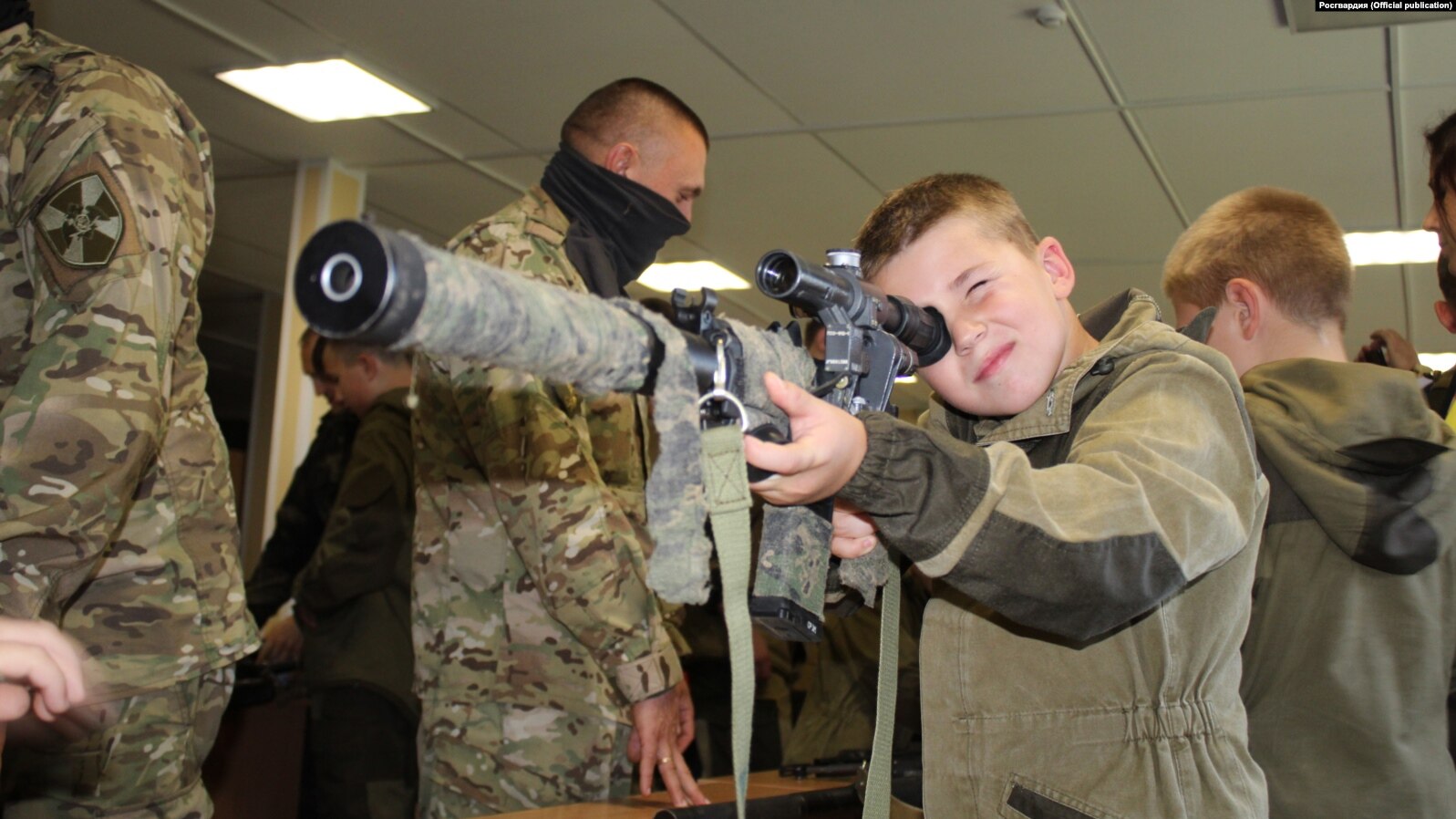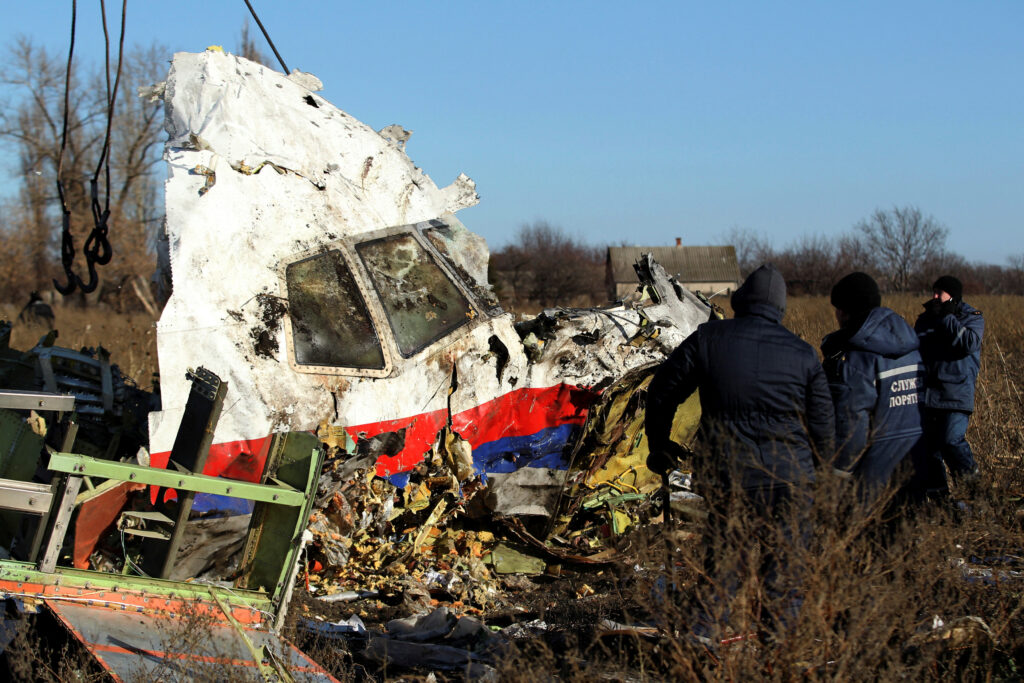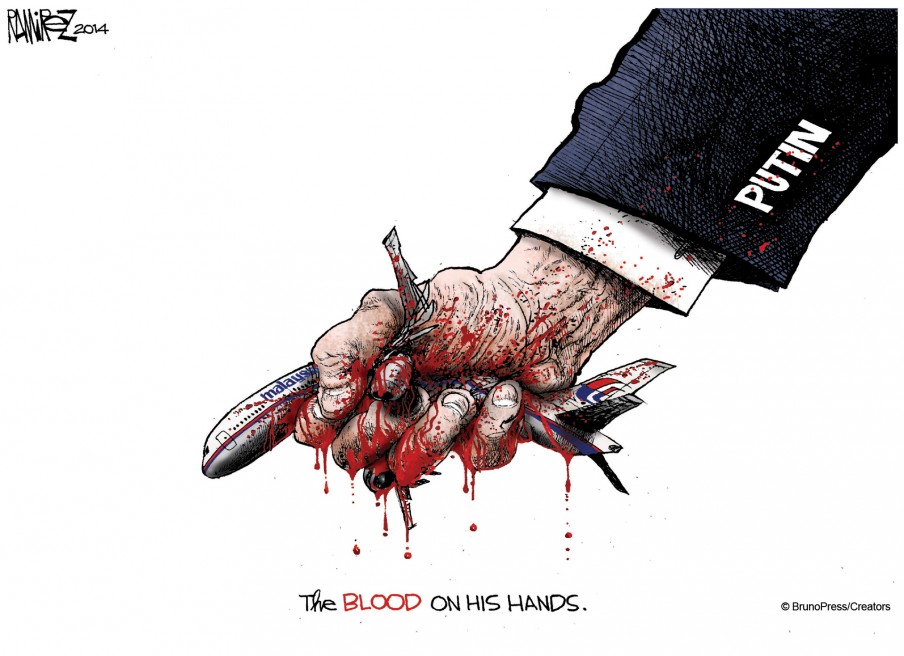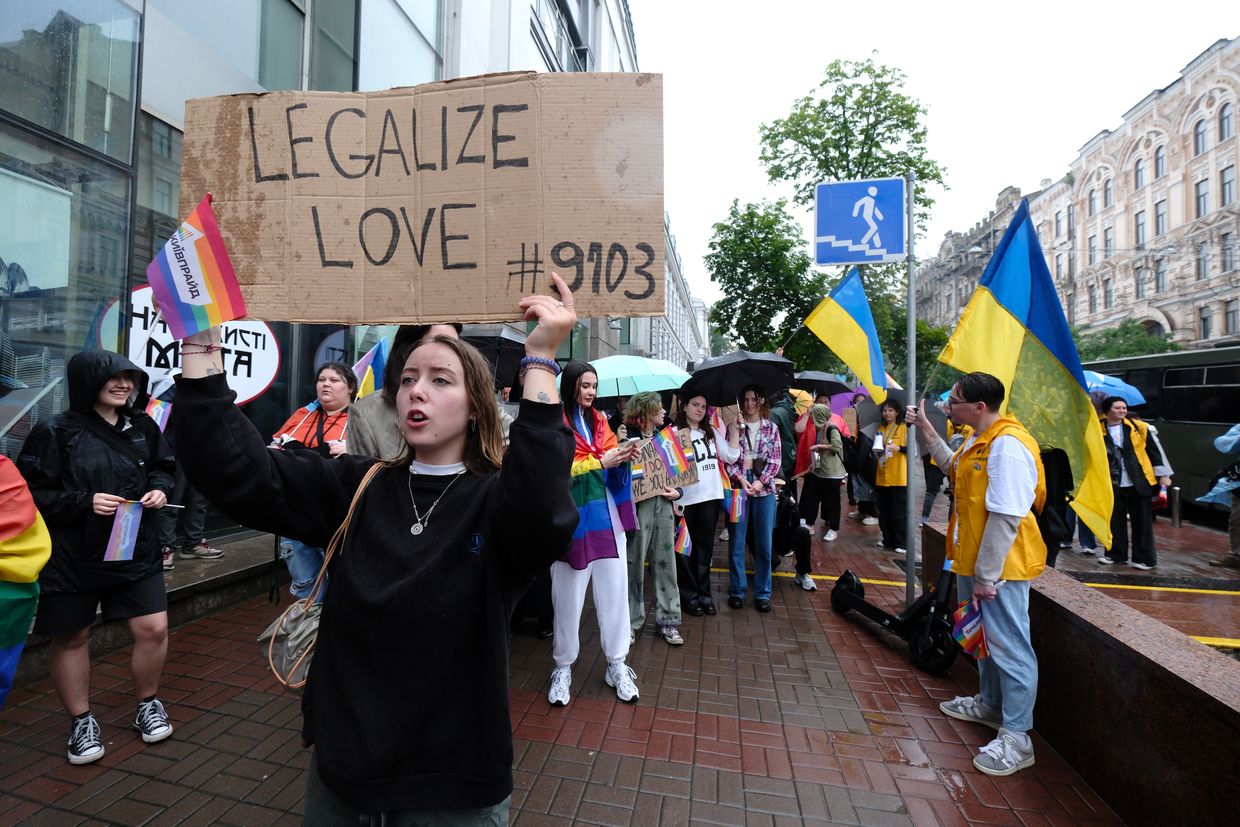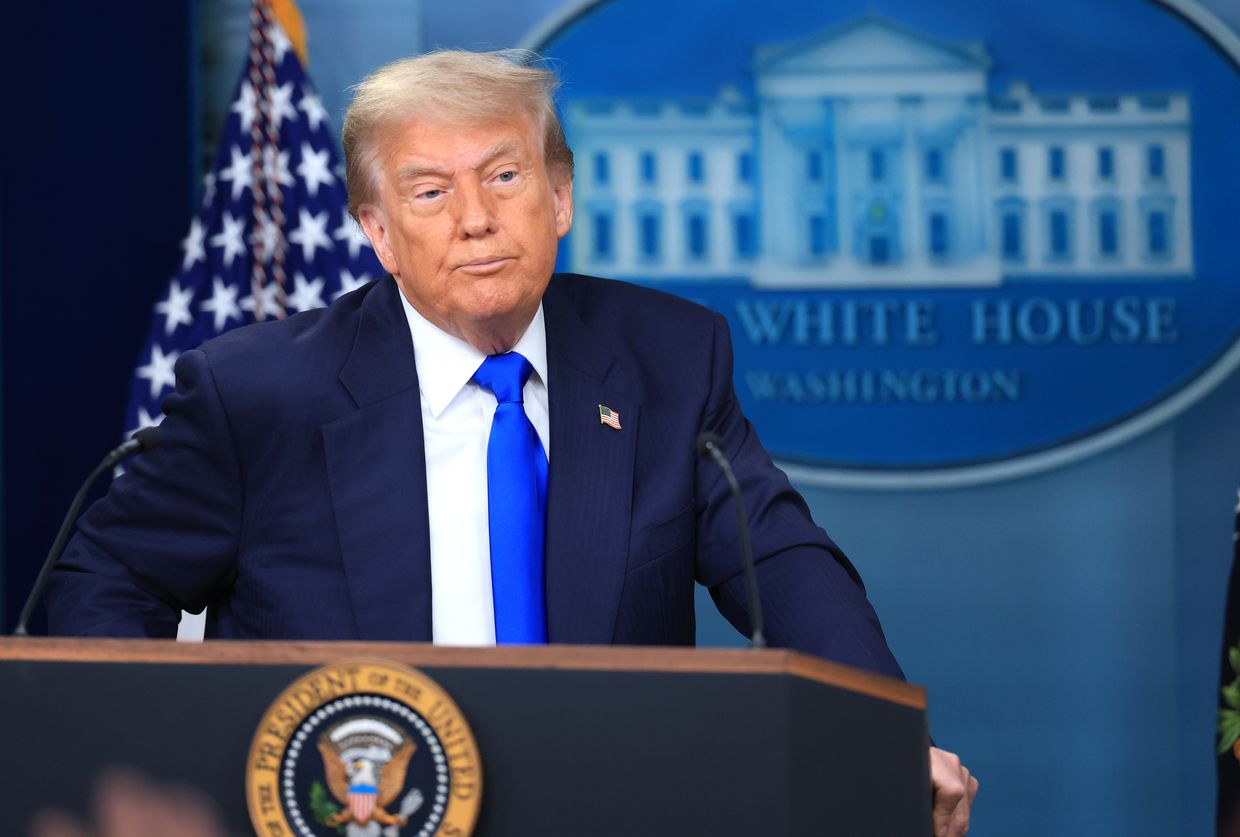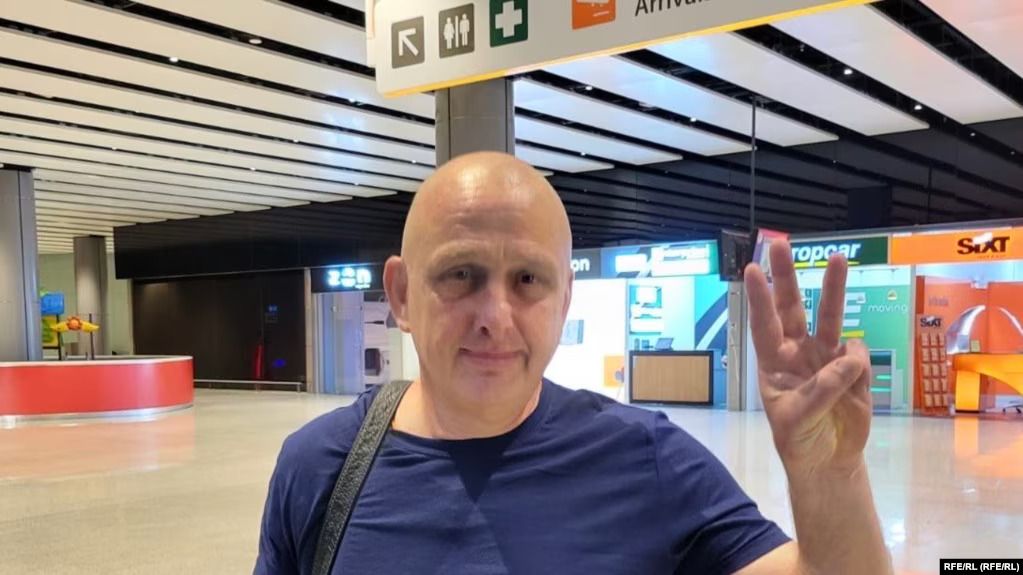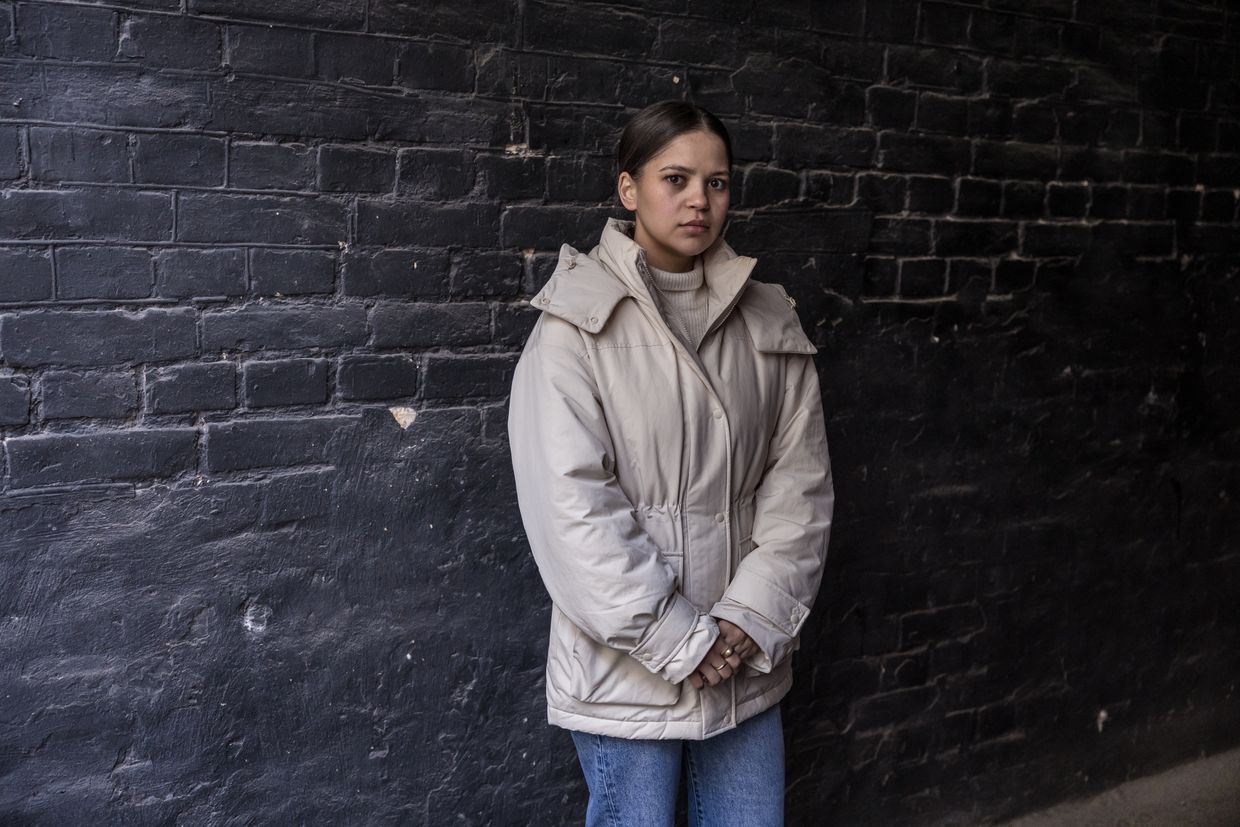The Danger of Hope
In September, the International Criminal Court will conduct a confirmation of charges hearing against warlord Joseph Kony. Leader of the once notorious rebel group Lord’s Resistance Army and the subject of ICC warrants dating back two decades, Kony is still at large, still evading arrest.
Thirteen years ago, a group of American do-gooders tried to do something about this.
The NGO Invisible Children published a 30-minute YouTube video with high hopes. With their film ‘Kony 2012’, they sought to stop the Lord’s Resistance Army, which had kidnapped, killed and brought misery to families across several Central African nations since the late 1980s. The video opens with our blue orb home spinning in outer space as the director reminds us of our place in time. “Right now, there are more people on Facebook than there were on the planet 200 years ago,” he says. “Humanity's greatest desire is to belong and connect, and now, we see each other. We hear each other. We share what we love. And this connection is changing the way the world works.” In other words, the technology of connection will solve this problem.
Despite the uber virality of the film,100 million plus views nearly overnight, Kony remains a free man, though much more infamous, and his victims didn’t get all the help they needed. The campaign seemed to embody slacktivism at its most poisonous: the high hope that you can change the world from your sofa.
“Hope,” Gloria Steinem once wrote, “is a very unruly emotion.” Steinem was writing about US politics in the Nixon era but the observation holds. Hope is at the core of how many of us think about the future. Do we have hope? That’s good. It’s bad if we have the opposite – despair, or even cynicism.
Former CNN international correspondent, Arwa Damon knows this unruly quality of hope firsthand. For years she worked as a journalist in conflict zones. Now she helps kids injured by war through her charity called INARA. She discussed this work last month at ZEG Fest, Coda’s annual storytelling festival in Tbilisi. In war, Damon has seen how combatants toy with hope, holding out the possibility of more aid, less fighting only to undermine these visions of a better tomorrow. This way, she says they snuff out resistance. This way they win.
In seeing this, and in surviving her own close calls, Damon told the Zeg attendees, she realized she didn’t need hope to motivate her. “Fuck hope,” she said to surprised laughter.
So what motivates her to keep going? “Moral obligation,” she said. After everything she has seen, she simply cannot live with herself if she doesn’t help. She doesn’t need to hope for an end to wars to help those injured by them now. In fact, such a hope might make her job harder because she’d have to deal with the despair when this hope gets dashed, as it will again and again. She can’t stop wars, but she can, and does, help the kids on the front lines.
Most of us haven’t crawled through sewers to reach besieged Syrian cities or sat with children in Iraq recovering from vicious attacks. And most of us don’t spend our days marshalling aid convoys into war zones. But we see those scenes on our phones, in near real time. And many of us feel unsure what to do with that knowledge because most of us would like to do something about these horrors. How do we deal with this complex emotional reality? Especially since, even if we are not in a physical war zone, the information environment is packed with people fighting to control the narratives. In this moment of information overload and gargantuan problems, could clinging onto hope be doing us more harm than good?
Emotion researchers like Dr. Marc Brackett will tell you that instead of thinking of emotions as good or bad, we can think of them as signals about ourselves and the world around us. And we could also think about them as behaviors in the real world. Dr. Brackett, who founded and runs the Center for Emotional Intelligence at Yale, said hope involves problem solving and planning. Think about exercising, which you might do because you hope to improve your body. In those cases hope could prove a useful motivator. “The people who only have hope but not a plan only really have despair,” Dr. Brackett explained “because hope doesn't result in an outcome.”

Developing a workout plan seems doable. Developing a plan to capture a warlord or stop kids from suffering in wars is a good deal more complex. The 2010s internet gave us slacktivism and Kony 2012, which seems quaint compared to the 2020s internet with its doom scrolling, wars in Ukraine and Gaza and much more misery broadcast in real time. What should we do with this information? With this knowledge?
Small wonder people tune out, or in our journalism jargon, practice news avoidance. But opting out of news doesn’t even provide a respite. Unless you’ve meticulously pruned your social media ecosystem, the wails of children, the worries about climate change, the looming threats of economic disruption or killer machines, those all can quickly crowd out whatever dopamine you got from that video of puppy taking its first wobbly steps. But paradoxically, the pursuit of feeling good, might actually be part of the problem of hope.
I took these questions about hope to Dr. Lisa Feldman Barrett, an acclaimed psychologist and neuroscientist. She too talked less about our brains and more about our behaviors. The author of, among other things, How Emotions are Made, Dr. Barrett noted that we might experience hope in the moment as pleasant or energizing and it helps with creating an emotional regulation narrative. Meaning: we can endure difficulty in the present because we believe tomorrow we will feel better, it will get better. However, Barrett said hope alone as a motivator “might not be as resistant to the slings and arrows of life.” If you assume things will get better, and then they don’t, how do you keep going?
“I think people misunderstand what's happening under the hood when you're feeling miserable,” she added. “Lots of times feel unpleasant not because they're wrong but because they're hard.”
I told Dr. Barrett about Damon’s belief that she keeps going because of moral obligation and she again looked at the emotional through the behavioral. “There is one way to think about moral responsibility as something different than hope,” she said, “but if hope is a discipline and you're doing something to make the parts of the world different you could call it the discipline of hope.” This could be a more durable motivation, she suggested, than one merely chasing a pleasant sensation that tomorrow will be better. “My point is that, if your motivation is to feel good, whatever it is you are doing, your motivation will wane.”
After ‘Kony 2012’ shot to astonishing success, in terms of views, the creators raised tens of millions of dollars but achieved little on the ground – an early lesson in the limits of clicktivism. Once upon a time American do-gooders hoped they’d help Ugandan children simply by making a warlord infamous, now the viralness of Kony 2012 feels like a window into a cringey past, a graveyard of hopes dashed. But maybe we just grew up. Maybe our present time and this information environment full of noise and warring parties asks more of us. Maybe hope has a place but among a whole emotional palate of motivations instead of a central pillar keeping us moving forward. Because let’s be honest: we may never get there. Hope, as the experts told me, doesn’t work without a plan. And, raising hopes, especially grand ones like changing global events from your smartphone, only to have them dashed can actually prompt people to disengage, to despair maybe, or even to embrace cynicism so they don’t have to go through the difficult discipline of hope and potential disappointment.
One day, during the start of the pandemic, when my home doubled as my office, I got a piece of professional advice I’ve held tight. A therapist who works with ER doctors shared with a group of us journalists that when we work on tasks that seem never ending, burnout is more likely. To prevent it, he advised that we right-size the problem. Put down the work from time to time, celebrate our achievements (especially in tough times), develop rituals and build out perspective to nourish us as we keep doing the work.
The pandemic ended but we bear the scars and warily look out at a horizon full of looming troubles, most of them way outside the control of any one of us. Both Dr. Marc Brackett and Dr. Lisa Feldman Barrett reminded me: emotions are complex and humans aren’t motivated by just one thing. But no matter what mountain we want to climb we would all do well to adopt this conception of hope as a discipline rather than just a feeling. Because in this environment, there’s always someone on the other side betting we’ll give up in despair.
A version of this story was published in last week’s Sunday Read newsletter. Sign up here.
The post The Danger of Hope appeared first on Coda Story.



